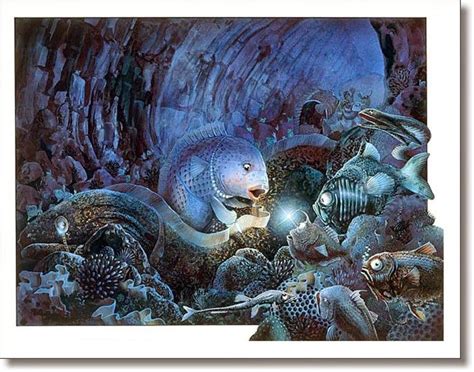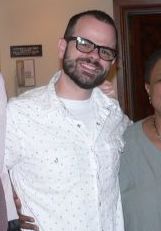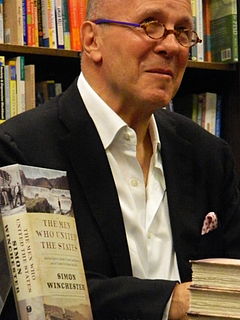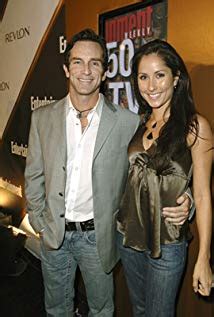A Quote by Alice McDermott
Some readers sort of suspect that you have another book that you didn't publish that has even more information in it. I think that readers sort of want to be taught something. They have this idea that there's a takeaway from a novel rather than just the being there, which I think is the great, great pleasure of reading.
Related Quotes
I think smart aggregation is a service to readers. And we do it, too ... . Whether it's a politics page and you want Dan Balz to tell you what is he reading, what does he think are the smartest articles today on the elections or the primaries. So, I think aggregation is great ... . So I'm all for aggregation. And the more eyeballs we can get to our content, the better. We do want readers to be educated and to understand the difference between, what is a source that you can trust as opposed to just rumors out there. And the difference between just repurposing content and not crediting it.
A reader is entitled to believe what he or she believes is consonant with the facts of the book. It is not unusual that readers take away something that is spiritually at variance from what I myself experienced. That's not to say readers make up the book they want. We all have to agree on the facts. But readers bring their histories and all sets of longings. A book will pluck the strings of those longings differently among different readers.
The New York Times and PBS are gatekeepers of a sort. And they perform that role of gatekeeping with a set of rules and aspirations about where they want to lead their viewers and their readers. They value objective facts, and they attempt to transmit a comprehensive view of the world. And they do have values. And they do lead their viewers and their readers to certain conclusions. But it's different than such monopolies as Apple or Google which are dissecting information into these bits and pieces, which they're then transmitting to people. And it's about clicks.
I often hear people say that they read to escape reality, but I believe that what they’re really doing is reading to find reason for hope, to find strength. While a bad book leaves readers with a sense of hopelessness and despair, a good novel, through stories of values realized, of wrongs righted, can bring to readers a connection to the wonder of life. A good novel shows how life can and ought to be lived. It not only entertains but energizes and uplifts readers.
I am definitely questioning the atonement and trying to discover how we can see it in a different way. We've got this image of God who needs some sort of flesh, some sort of blood, that needs some sort of vengeance to pay for sin. My experience of a loving God who's asked me to love my enemies - this isn't a God that demands something before you are accepted. I think Jesus died because Jesus was inclusive. God is inclusive. I think that the idea of God somehow being separated from us was more man's idea.
There is a wonderful book called "Gandhi's Truth," by Erik Erikson, the psychologist. It is a great book. And I remember reading that and thinking about this connection between what we think in our personal lives and how that manifests itself in our politics. Those are two books, just off the top, that I think are sort of representative of reading that I did at that time. I never get a chance to read anymore.





































